
Date: 2020-07-15 Visitcount: 123
The First China-Russia Online Summer School “Technologies in Education”, jointly organized by the College of Education of Zhejiang University (CoE-ZJU)and the Institute of Education of Higher School of Economics(IoE-HSE) was successfully held from July 6 to July 10, 2020. A total of about 50 college students from China and Russia joined the program by ZOOM platform,despite thousands of kilometers space distance.
This summer school was designed to enable the participants to gain theoretical and practical skills in using advanced technologies in the educational environment, get acquainted with the technical organization of online learning under the COVID-19, and get introduced to the Russian most honored teachers and education specialists throughout the Russian history of education as well.During this five-day period, Chinese and Russian education experts and scholars conducted online lectures on topics such as” Sino-Russian educational technology cooperation and prospects”, “Russian education history and culture”, and “the transformation of teacher education in the context of digitalization”. In addition, the program also includes small-group theme-oriented discussions and Internet company cooperation courses.
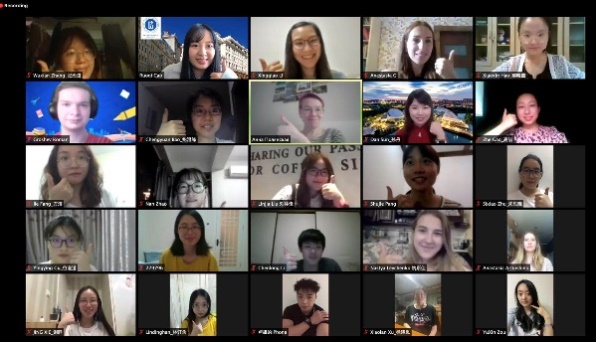
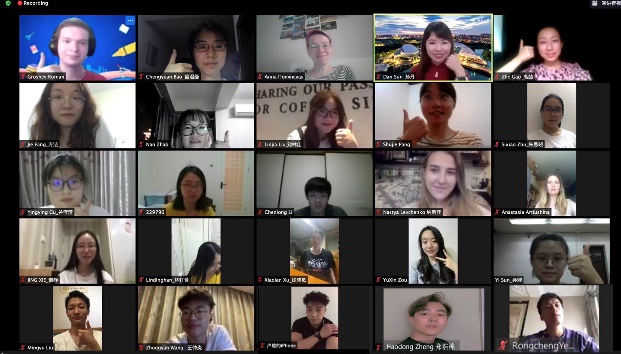
The summer school kicked off on the afternoon of July 6 (Beijing time). Cao Shihai, Minister-Counsellor of the Embassy of China in Russia, and Prof. Frumin Isak, Dean of IoE-HSE, attended the opening ceremony and delivered speeches., Cao Shihai congratulated on the opening of the summer school on behalf of the Chinese Embassy in Russia. “Confronting the COVID-19 outbreak, both Chinese and Russian education sectors have taken active measures. The holding of this program is a vivid practice for Chinese and Russian universities to carry out online teaching discussion by using remote network platform, which is of demonstration significance.” He said. He hoped that universities of the two countries could explore the sharing of distance education courses and mutual recognition of credits, create a number of high-quality Chinese-Russian bilingual online courses, and promote the development of cooperative teaching and scientific research in various fields. Prof. Frumin Isak indicated that the COVID-19 epidemic had caused difficult problems for education in both countries, “But it also points in a new direction. We believe that this experience will help people better understand the educational opportunities brought by digitalization and technology.” He further encouraged the students participating in the summer school to have in-depth learning about Russia culture, digitalization, and science and technology education.
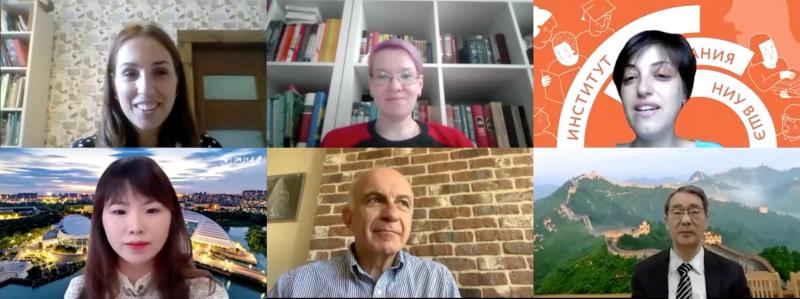
Online Courses: Time to Acquire Knowledge
During the summer school, a number of online courses and lectures on different topics and forms were carried out, and dozens of experts and scholars in the field of educational technology from China and Russia were invited to teach the students. The content of these courses was mainly concentrated in the fields of education technology and distance education, which was embodied in topics such as smart learning and MOOC.
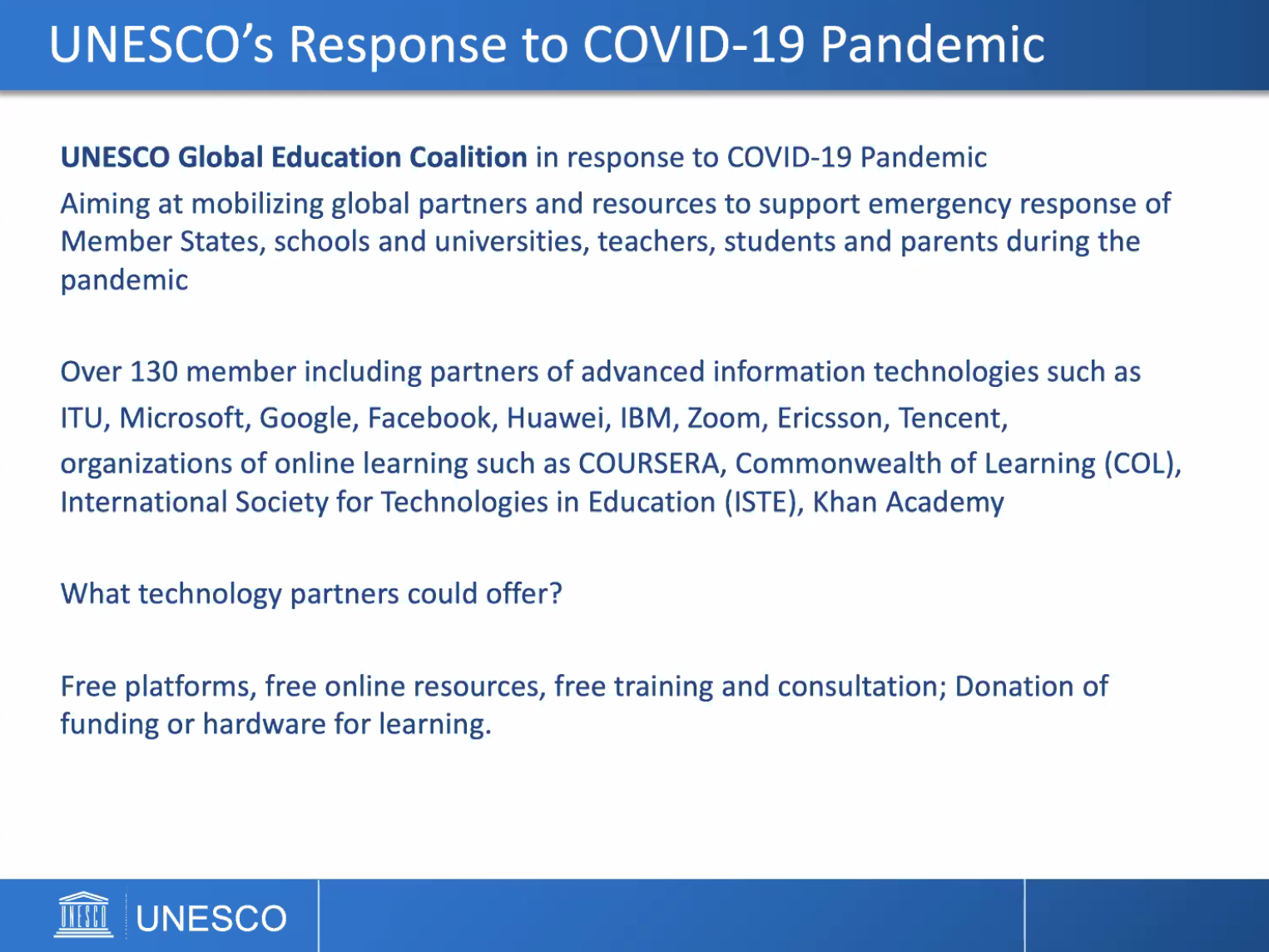
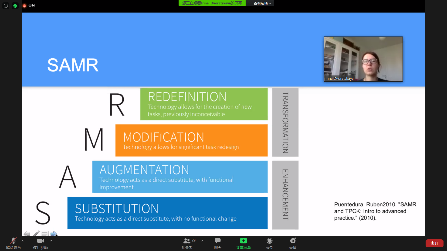
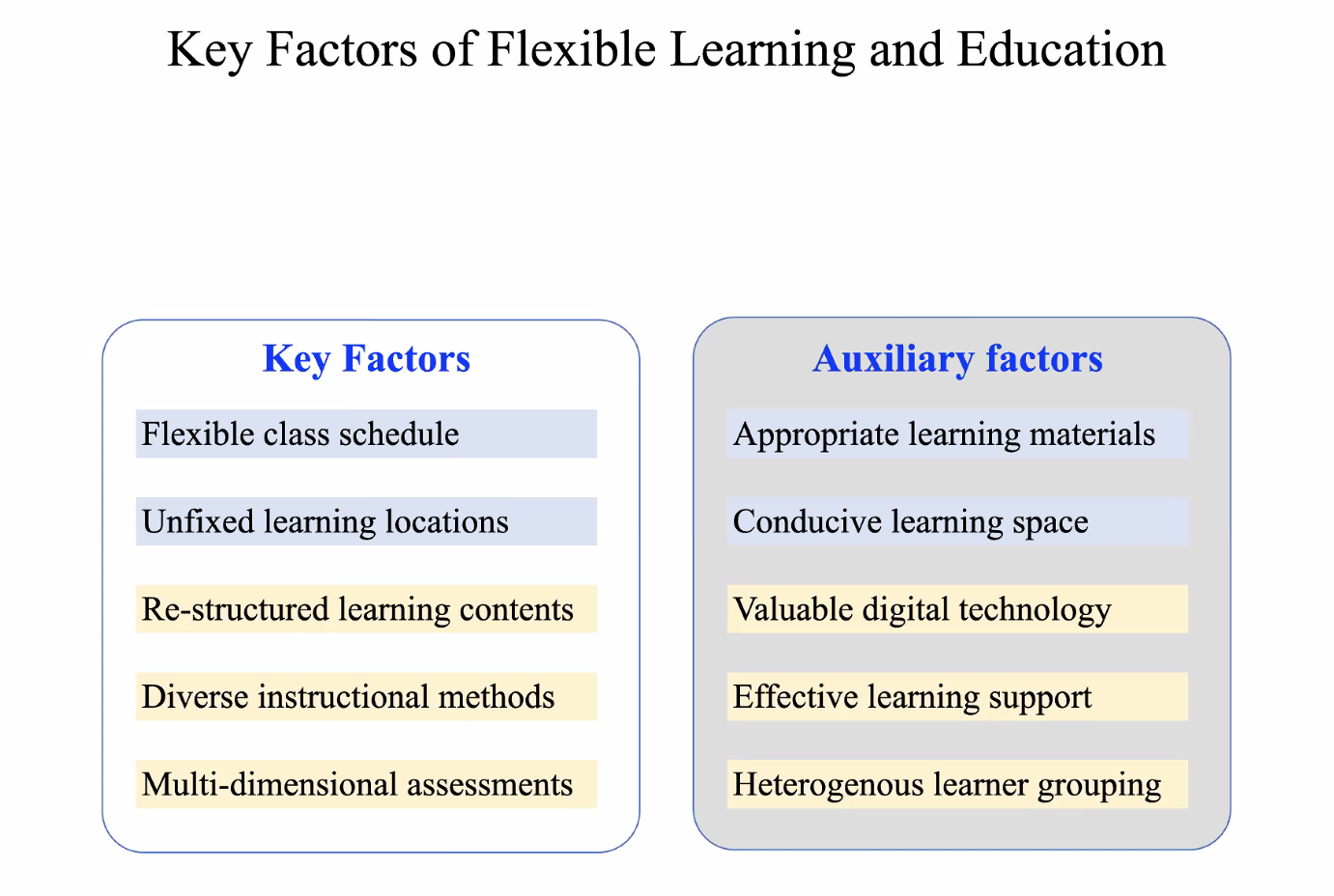
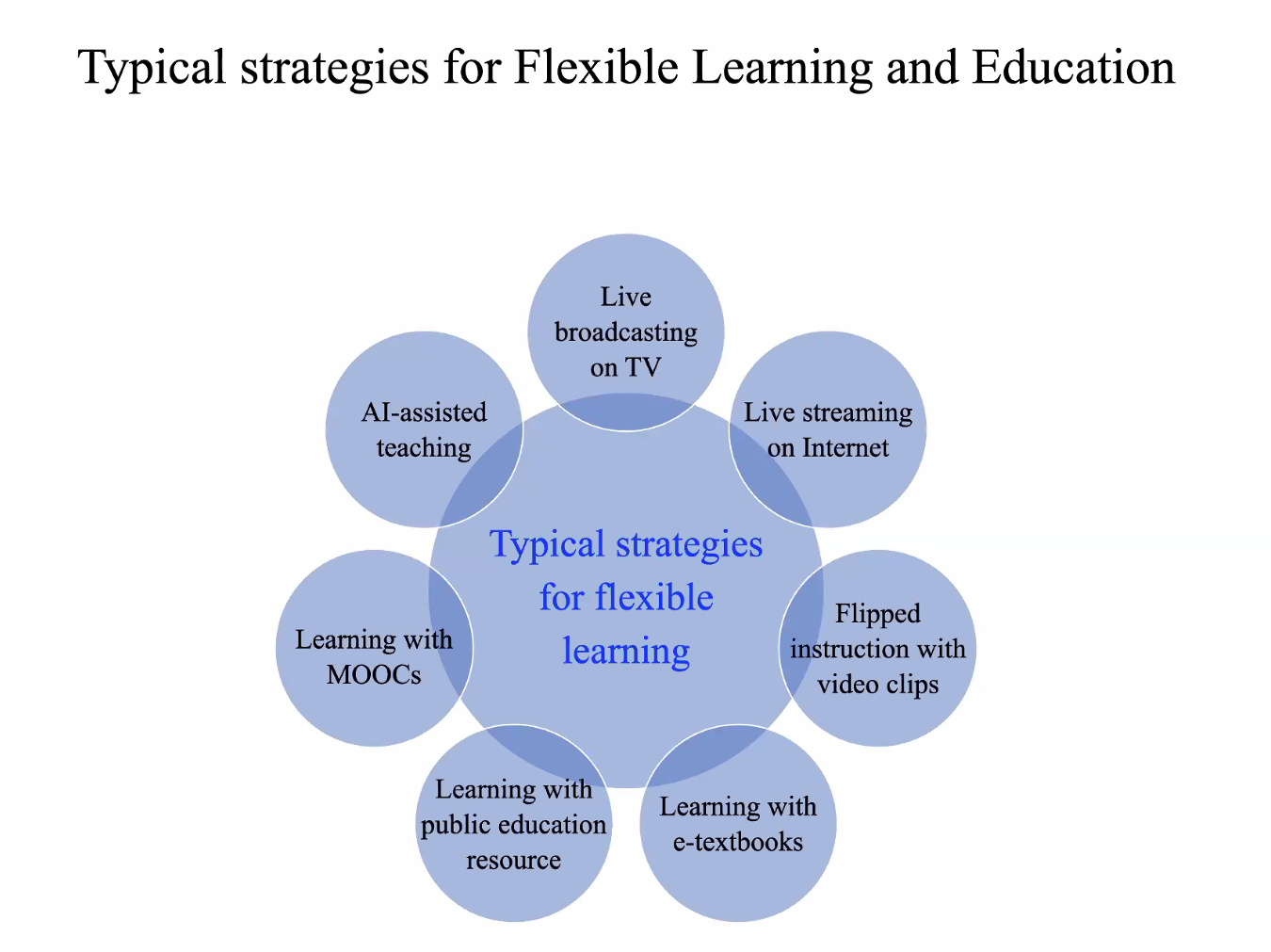
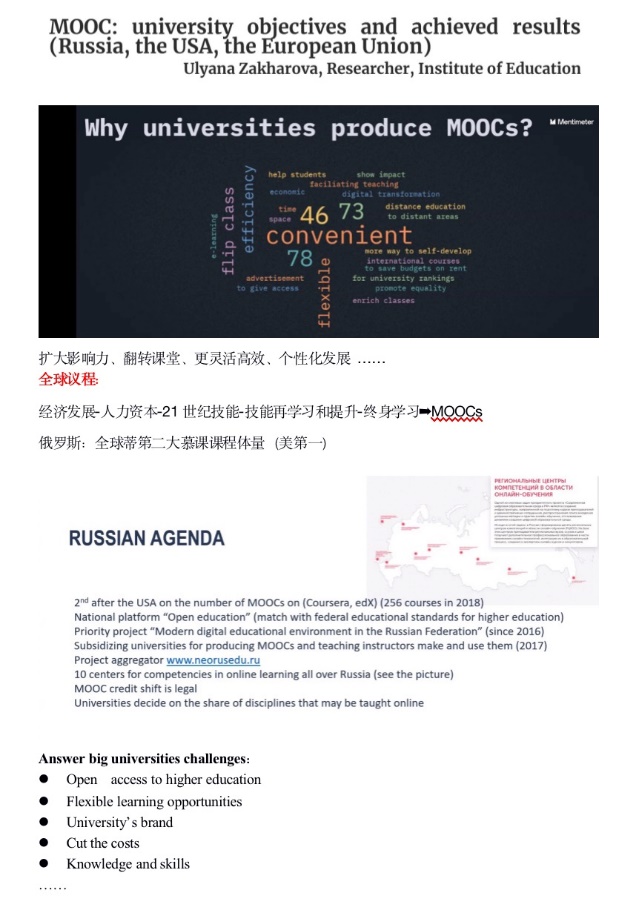
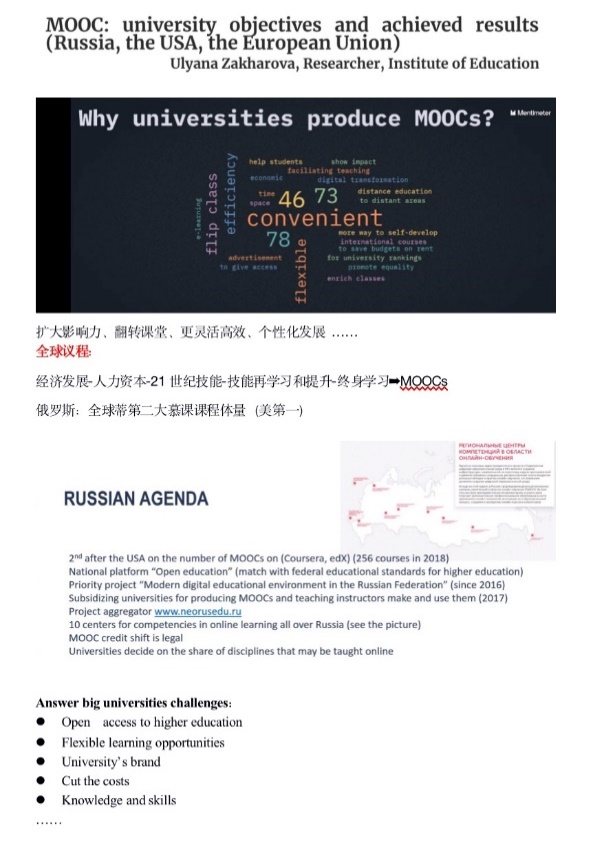
Study Notes: Record the Learning Process and Thinking
Through this summer school online course study, the students obtained a full knowledge of dry goods. At the same time, each participant recorded their own learning process and thinking in different forms, such as mind maps, paper notes, concept maps and related graphic materials, etc. Let us appreciate their study notes!
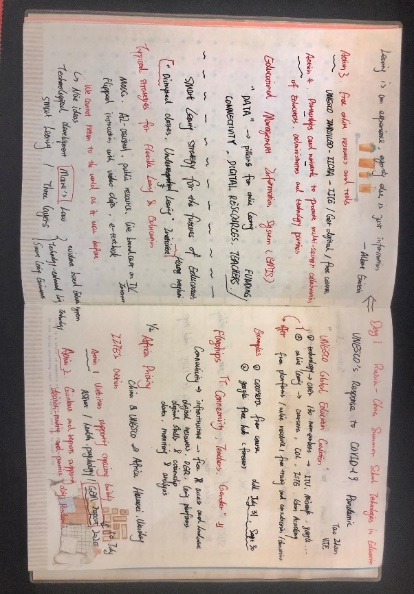
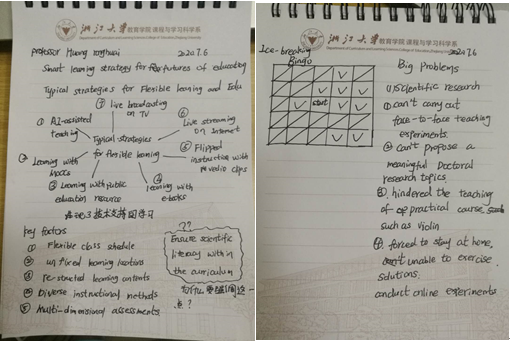
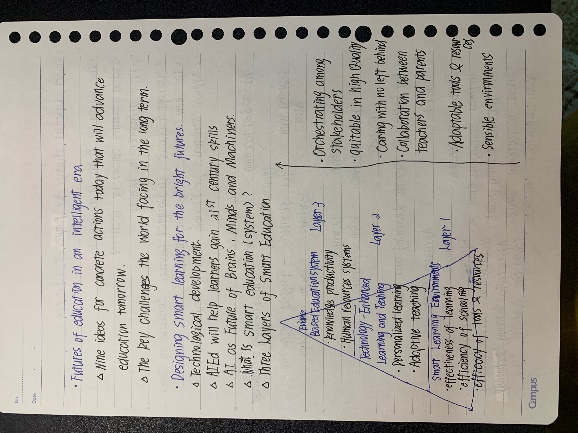
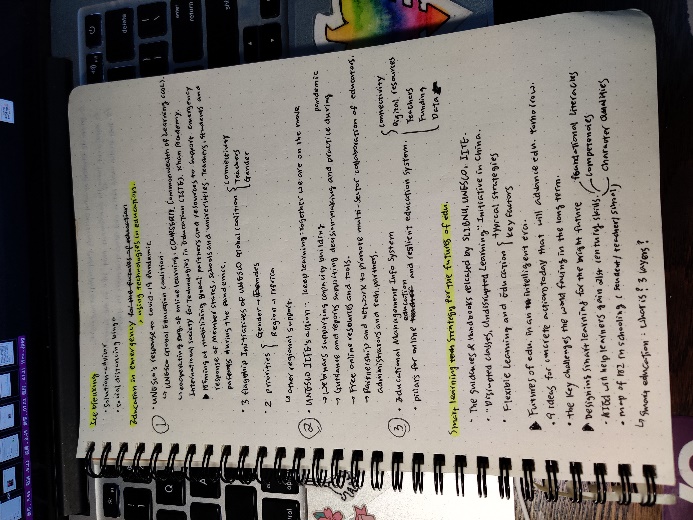
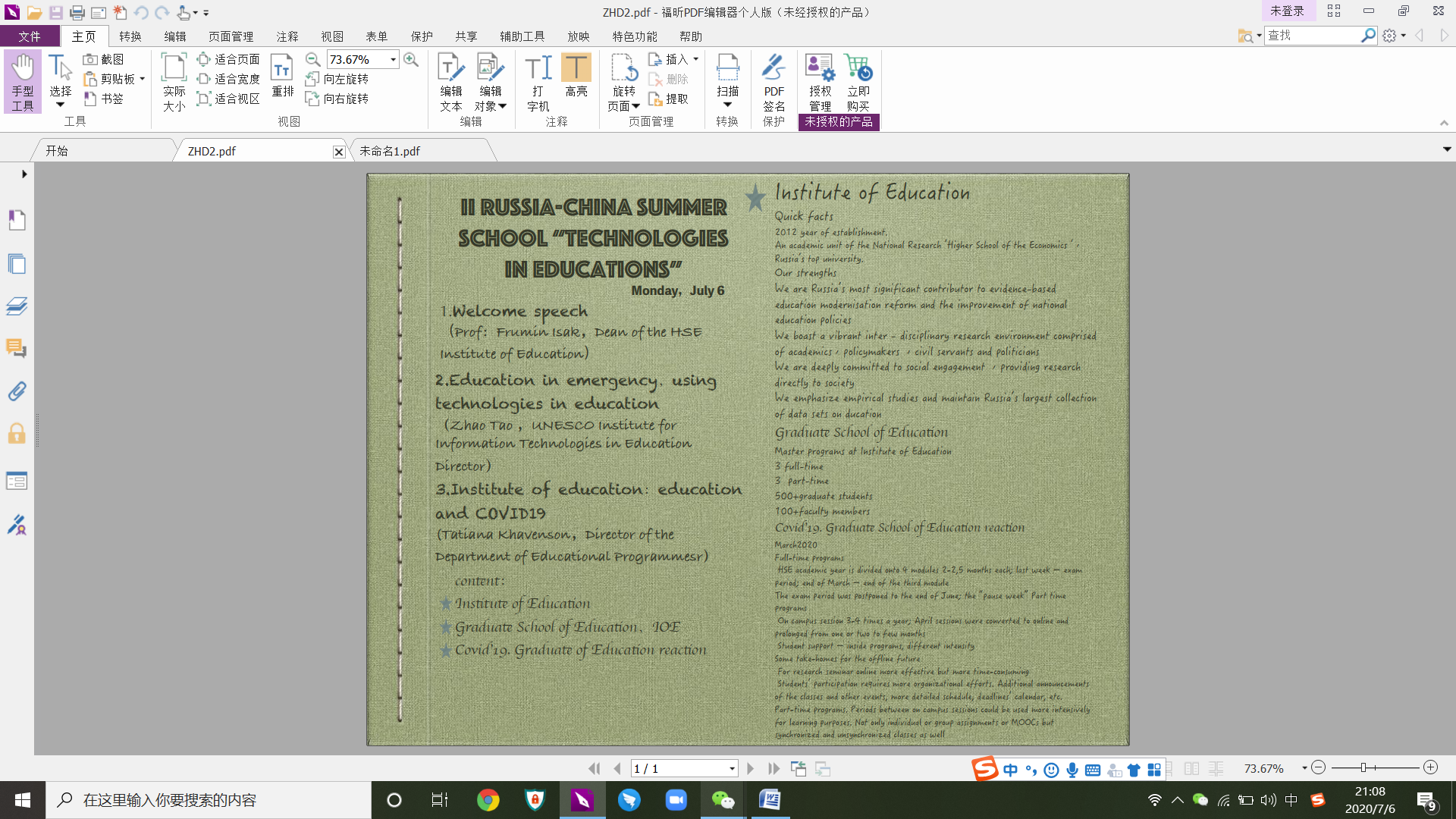
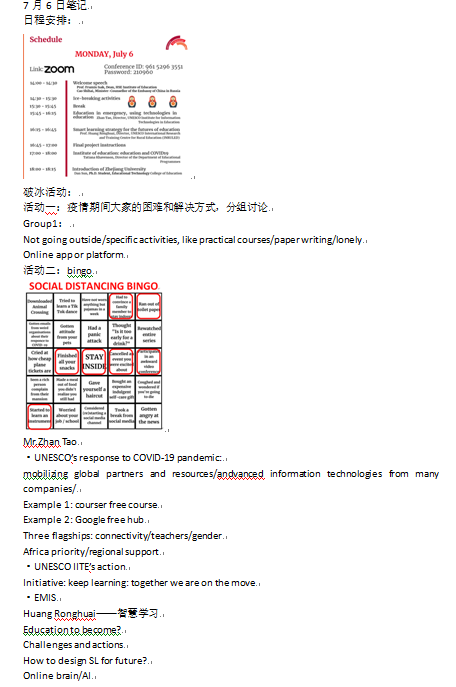

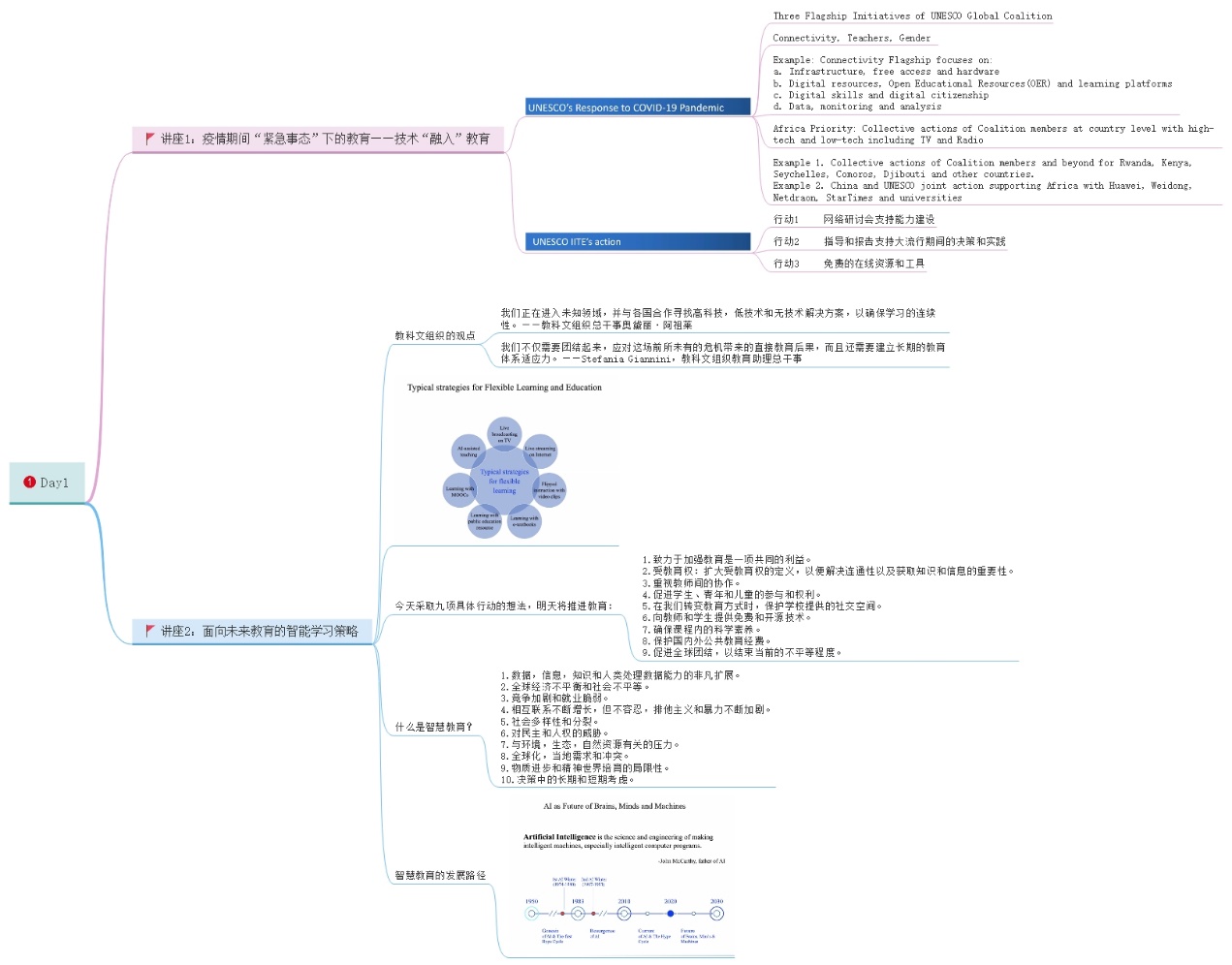
The Past, Present and Future of Sino-Russian Education Cooperation
Ruoqi Cao, an analyst at the University Development Laboratory of IoE-HSE, brought a report on "Status Quo, Prospect of Russian Education and Sino-Russian Educational Cooperation in technology education ". The report showed the development history, current status and future development findings of Russian education, and focused on the long history of Sino-Russian education cooperation. In the past 70 years, the two countries have carried out long-term and in-depth cooperation in academic construction and exchange of academic activities in the field of education. In the future, they would also have a solid and profound emotional foundation and cooperation mechanism. Sino-Russian educational exchanges have played an important role in enhancing mutual understanding and friendship between the two countries and peoples, and have provided important support for cooperation and exchanges in other fields.
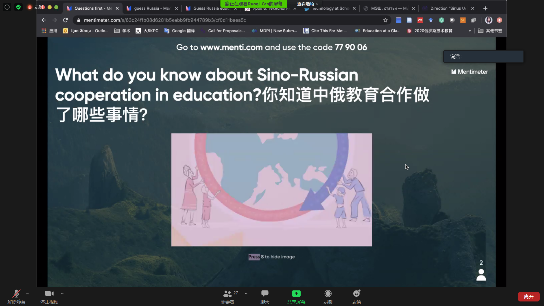
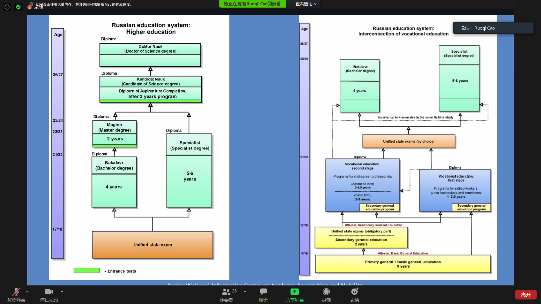
Enjoy “Online Tour” of Moscow City
The most exciting section for the students perhaps was the online tour of Moscow City. The students experienced a different Moscow by using a series of technical means such as live video, under the leadership of local teachers. Starting from the Russian National Library to the Red Square, from the Kremlin to the subway stations with different styles, the students felt more deeply the soul of the Russian nation infested with art.
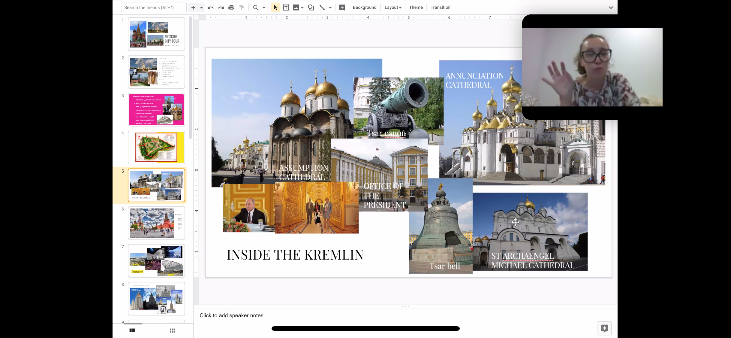
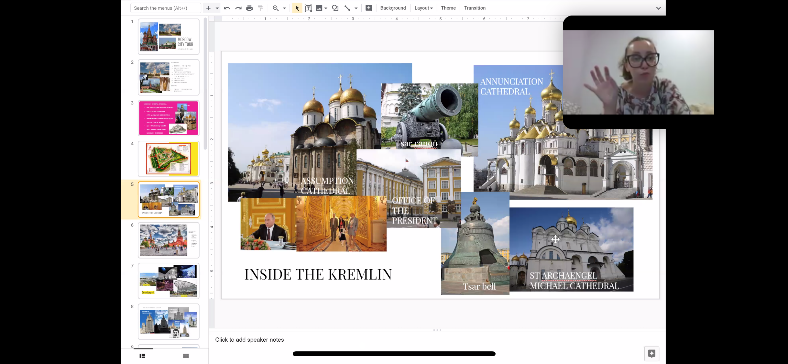
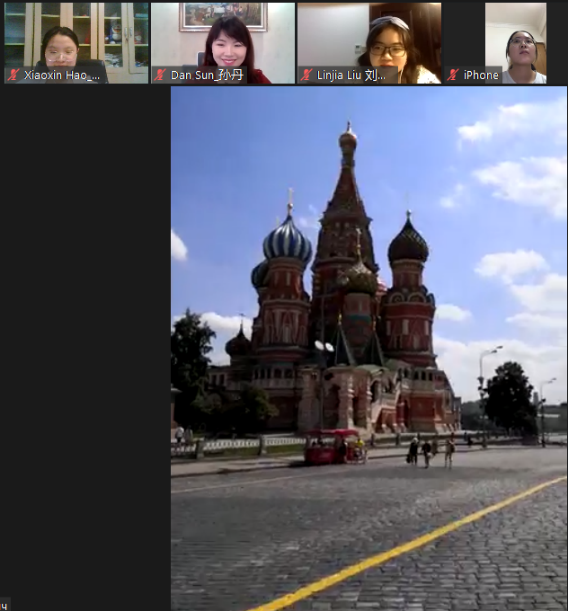
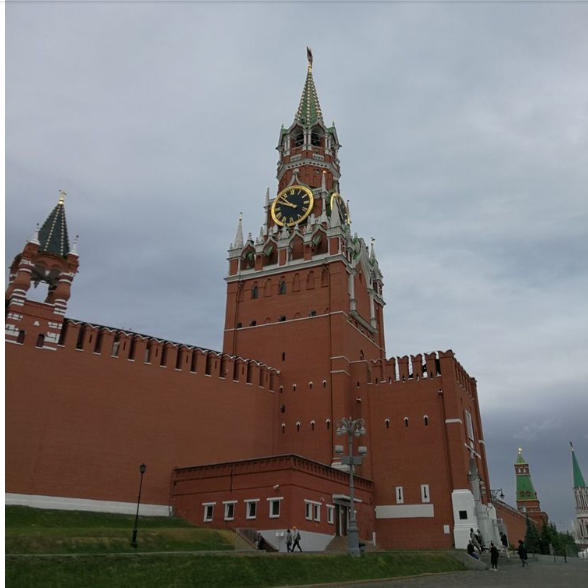
Final Project: Each Group Starts Cooperative Learning Based on the Topic
At the very beginning of the summer school, the students were assigned team tasks in groups to respectively work on online education research on different education stages such as elementary school/junior high school/high school/university/other, and use SWOT analysis research methods to carry out relevant research. The last day of the program, ushered in the presentation of the research results of the groups. The group on the elementary school stage believed that at this stage they had the advantages of rich teaching resources and flexible teaching methods, but had the disadvantages of lack of concentration and lack of learning atmosphere. The group on high school stage skillfully produced and presented exquisite results in the form of "newspapers". Through a series of SWOT analysis, the group believed that it was necessary to think about how to effectively use the educational resources brought by various online platforms and high school teachers needed to improve their ability to use digital resources to adapt to the impact of the arrival of the digital age on teaching. The two groups on the in-school education at the university stage pointed out that at the university stage the discussion on online education and learning became a more global one. Schools should actively try to adapt to this change, and teachers and students as individuals need to strive to improve digital literacy. The last group elaborated a visual mind map for us which revealed the relative advantages and disadvantages of online education on the adult education stage.
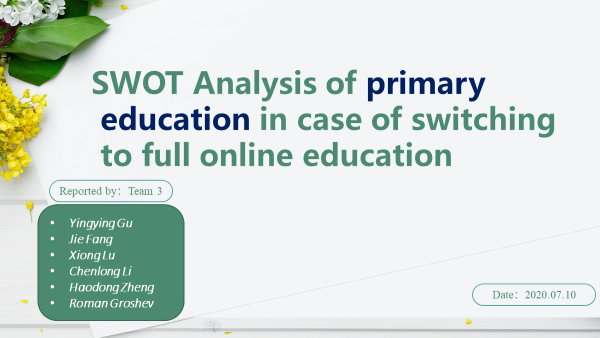
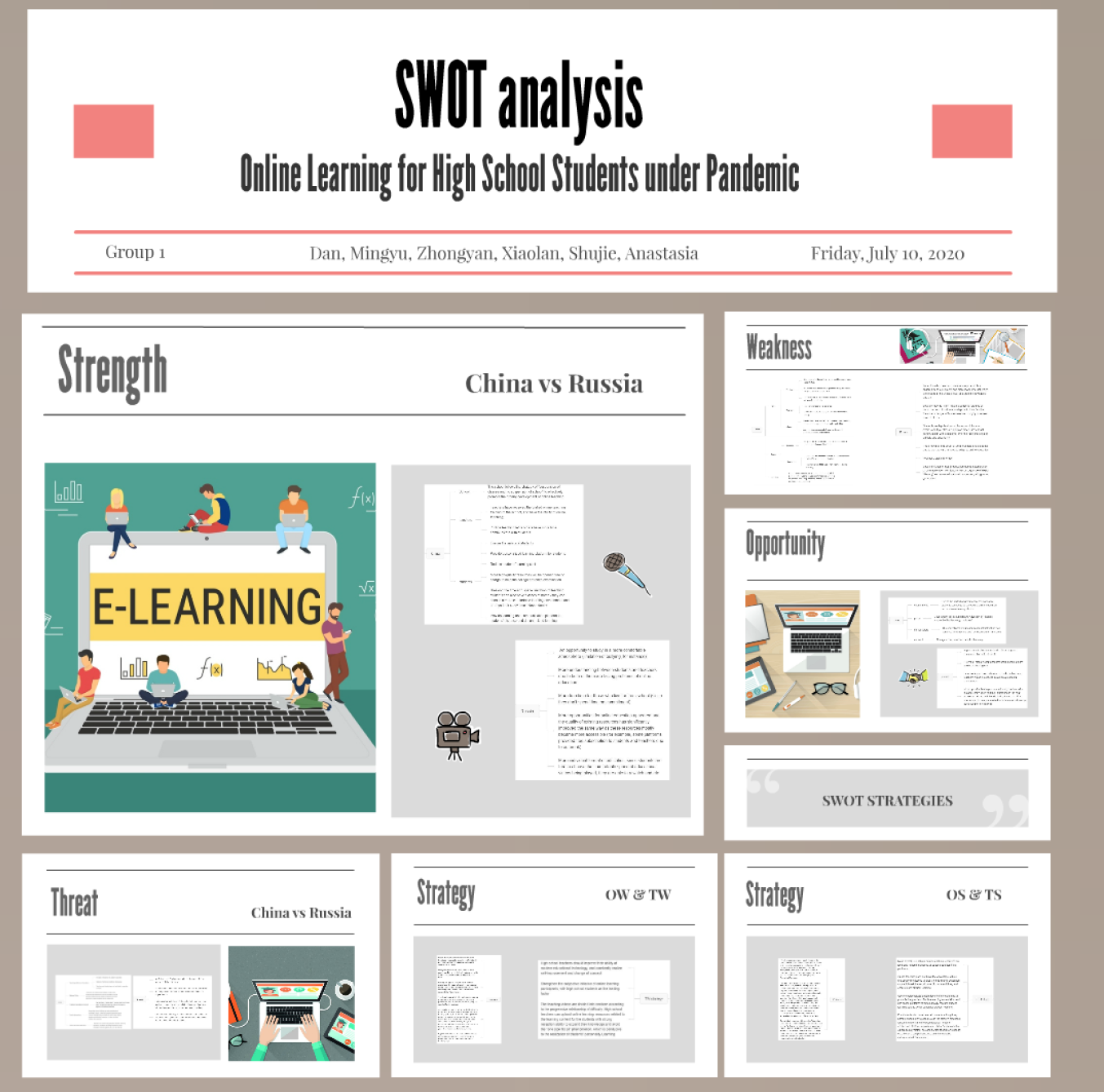
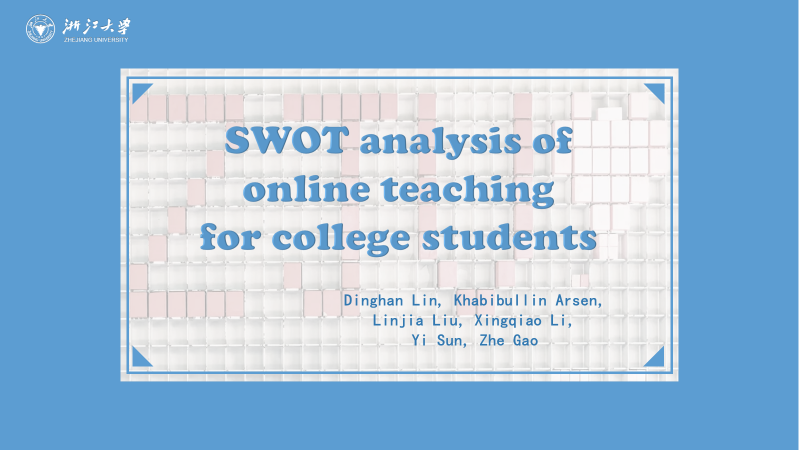
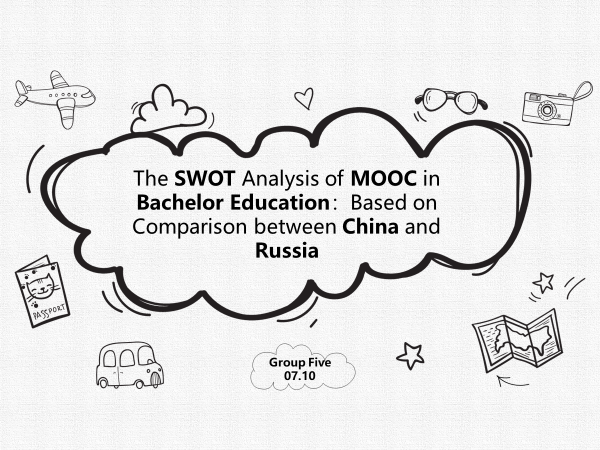
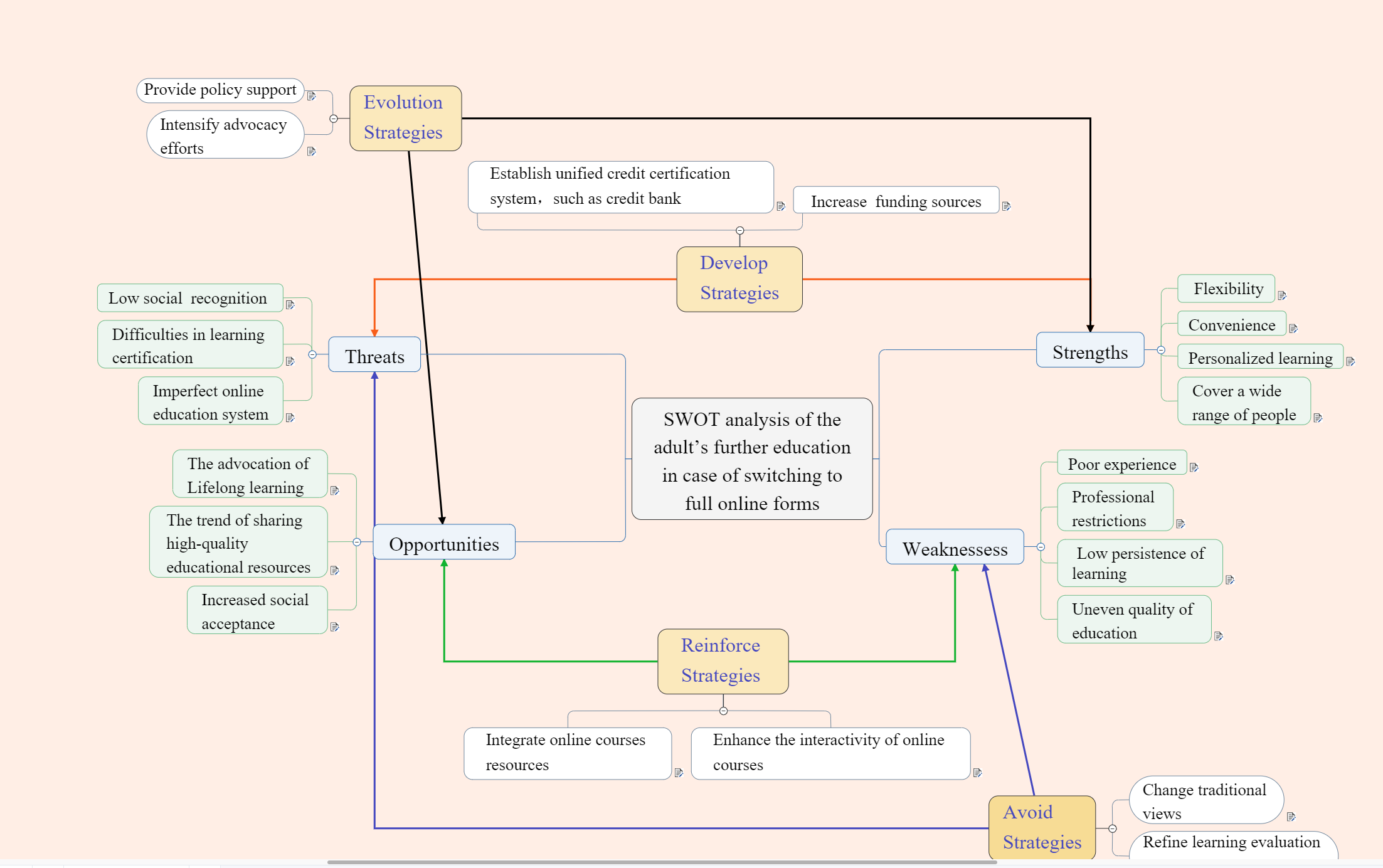
This online summer school is held as a part of an international cooperation program between ZJU’s College of Education and HSE’s Institute of Education. The two institutions have conducted a series of academic activities since signing an cooperation memorandum in the year of 2017.

